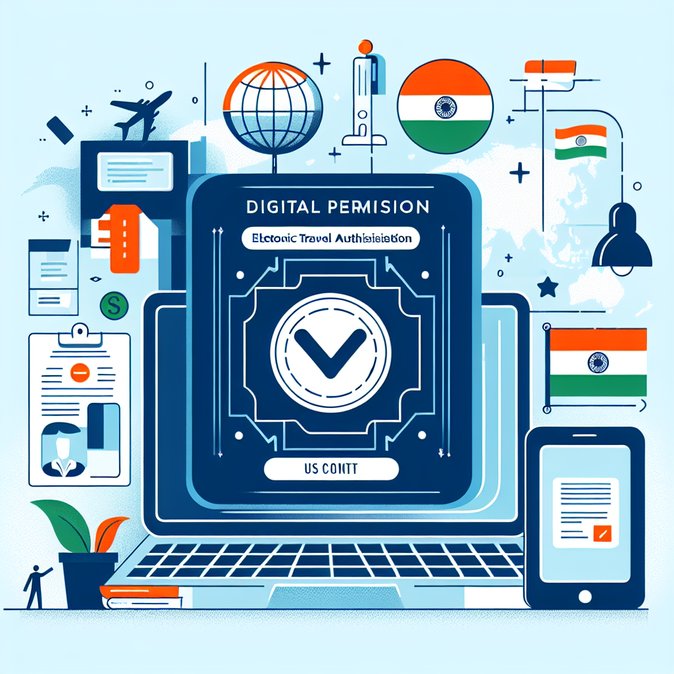
The UK Home Office confirmed on 24 November that its Electronic Travel Authorisation (ETA) programme will cover all visa-exempt nationalities from 25 February 2026, completing Britain’s shift to a fully digital border. Travellers from 85 countries—including the United States, Canada and most of Europe—will need to obtain an ETA online before boarding any carrier bound for the UK.
For Indian nationals, nothing changes: they already require a visa for every travel category and therefore fall outside the ETA regime. Nevertheless, the rollout is relevant for India Inc. Multinationals that send mixed-nationality project teams to the UK will have to manage dual compliance streams—traditional visas for Indians and ETAs for colleagues who were previously visa-free. HR and travel managers should build the new documentation step (valid for two years, fee £10) into trip-approval workflows to avoid last-minute boarding denials.
![UK sets 2026 start date for mandatory Electronic Travel Authorisation—Indians already compliant]()
The Home Office says ETAs will strengthen security screening and eventually allow carriers to board only passengers with “digital permission to travel”. Airports will integrate facial recognition gates similar to Australia’s SmartGate system, reducing manual passport stamps. Airlines operating high-volume India–UK routes, meanwhile, must upgrade departure-control software so staff can verify ETA status during check-in for connecting passengers.
Context: The ETA is the UK’s post-Brexit counterpart to the EU’s forthcoming ETIAS system and to the US ESTA. Trials began with Qataris in 2024 and were extended to GCC countries and Jordanians in 2025. The 2026 blanket phase is the final tranche.
Advice: Companies should audit their traveller profiles to flag UK-bound staff who hold dual British or Irish citizenship; the Home Office warns that dual nationals should travel only on their British passports to avoid check-in problems once ETAs become mandatory.
For Indian nationals, nothing changes: they already require a visa for every travel category and therefore fall outside the ETA regime. Nevertheless, the rollout is relevant for India Inc. Multinationals that send mixed-nationality project teams to the UK will have to manage dual compliance streams—traditional visas for Indians and ETAs for colleagues who were previously visa-free. HR and travel managers should build the new documentation step (valid for two years, fee £10) into trip-approval workflows to avoid last-minute boarding denials.

The Home Office says ETAs will strengthen security screening and eventually allow carriers to board only passengers with “digital permission to travel”. Airports will integrate facial recognition gates similar to Australia’s SmartGate system, reducing manual passport stamps. Airlines operating high-volume India–UK routes, meanwhile, must upgrade departure-control software so staff can verify ETA status during check-in for connecting passengers.
Context: The ETA is the UK’s post-Brexit counterpart to the EU’s forthcoming ETIAS system and to the US ESTA. Trials began with Qataris in 2024 and were extended to GCC countries and Jordanians in 2025. The 2026 blanket phase is the final tranche.
Advice: Companies should audit their traveller profiles to flag UK-bound staff who hold dual British or Irish citizenship; the Home Office warns that dual nationals should travel only on their British passports to avoid check-in problems once ETAs become mandatory.


